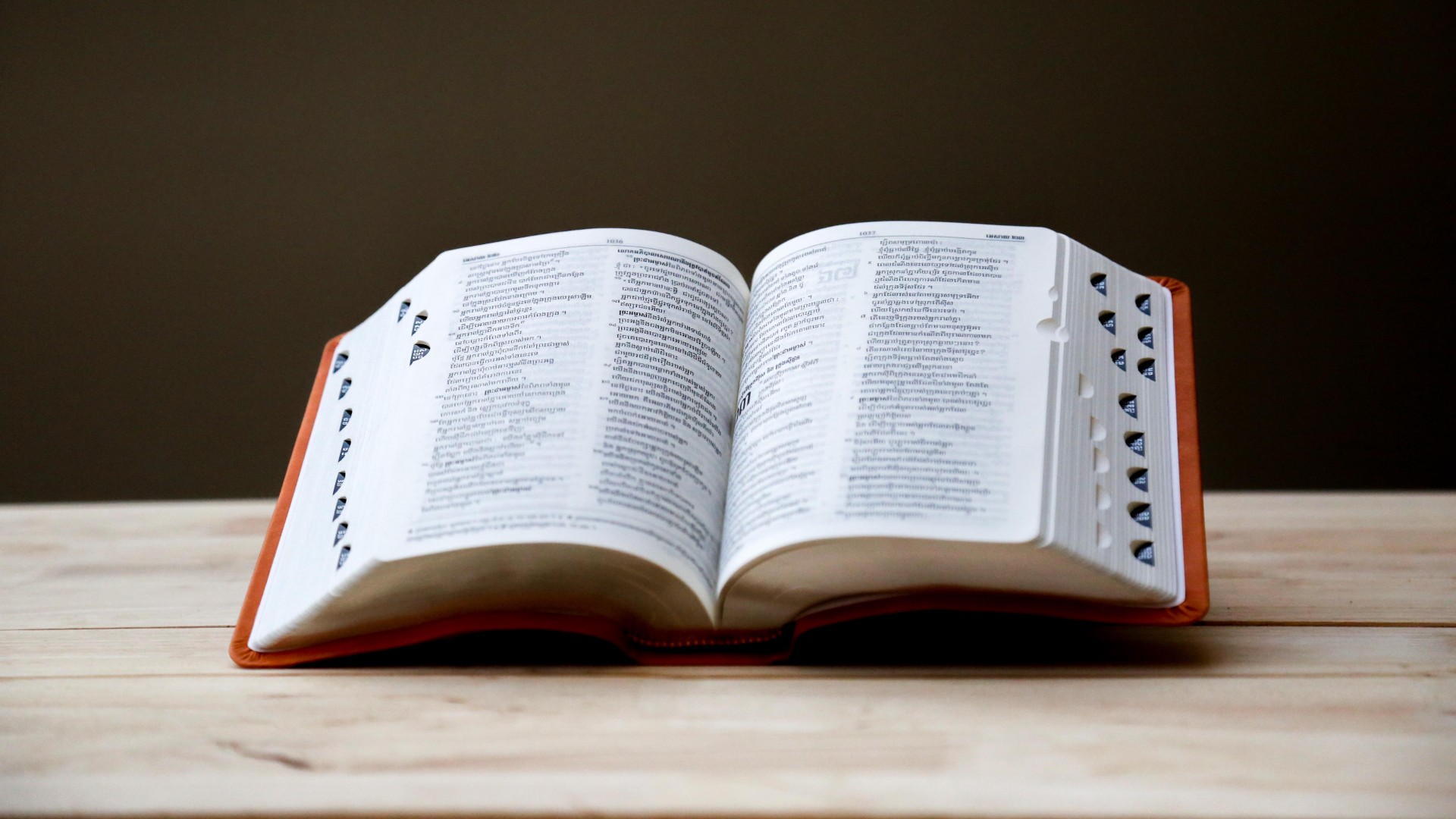I’ve written in the past about how followers of Christ should view the Mosaic Law (see here and here), and it struck me as I was reading Matthew 17:24–27 that this is a moment when Jesus addresses the new relationship between His faithful followers and the Law. Here’s what it says:
When they came to Capernaum, those who collected the two-drachma tax came to Peter and said, “Does your teacher not pay the two-drachma tax?” He said, “yes.” And when he came into the house, Jesus spoke to him first, saying, “What do you think, Simon? From whom do the kings of the earth collect customs or poll-tax, from their sons or from strangers?” When Peter said, “From strangers,” Jesus said to him, “Then the sons are exempt. However, so that we do not offend them, go to the sea and throw in a hook, and take the first fish that comes up; and when you open its mouth, you will find a shekel. Take that and give it to them for you and Me.”
Notice that while Jesus is discussing a specific Mosaic Law—Exodus 30:13–16: “The rich shall not pay more and the poor shall not pay less than the half shekel…. You shall take the atonement money from the sons of Israel and shall give it for the service of the tent of meeting”—He points out how a fundamental change in the relationship between His followers and the Father (i.e., their adoption as sons) changes their relationship to the Law. In a nutshell, the temple tax law no longer has jurisdiction over them as sons.
We see this same idea of no longer being under the Law because of our adoption as sons in Galatians:
But before faith came, we were kept in custody under the law, being shut up to the faith which was later to be revealed. Therefore the Law has become our tutor to lead us to Christ, so that we may be justified by faith. But now that faith has come, we are no longer under a tutor. For you are all sons of God through faith in Christ Jesus. (Gal. 3:23–26)
But when the fullness of the time came, God sent forth His Son, born of a woman, born under the Law, so that He might redeem those who were under the Law, that we might receive the adoption as sons…. Therefore you are no longer a slave, but a son; and if a son, then an heir through God. (Gal. 4:4–7) [Emphases added.]
Notice, also, in the Matthew passage, that though Jesus and Peter didn’t need to follow the Law, this didn’t mean they were forbidden from following it. Rather, they were to act according to the laws of the land in order to avoid causing unnecessary offense to the people around them (who would mistakenly assume Jesus and Peter were in rebellion against God if they refused to follow the temple tax law).
This view of the Law follows closely what we see in Paul’s life. Though he made it clear he wasn’t under the jurisdiction of the Law (because, Romans 7:1–6 says, he had been released from the Law when he died with Christ*), still, like Jesus, Paul “walked orderly” under the Law while in Israel (Acts 21:17–26) so that the Jews around him would not take offense, “so that [he] might win those who are under the Law” (1 Cor. 9:19–21).
Sometimes people will argue against the explicit teachings of Paul about the Law by pointing to Jesus’ words about following the Law in Matthew 5:17–20. But it’s not the case that Jesus’ teaching in that passage contradicts Paul’s, which is why, in the very same book of Matthew, we find Jesus Himself commenting on how our adoption as sons (ultimately accomplished through His death and resurrection) changes our relationship to the Law.
______________________________
*I’m speaking of being under the Mosaic Law specifically; we still act in a way that reflects God’s character regardless of the fact that we’re not under the jurisdiction of the Mosaic Law, and the Law still instructs us as to what God’s character ought to look like in our lives. For more, see “Answering an Objection to Grace: Why Not Sin?”

